Delegation Trip to Tokyo
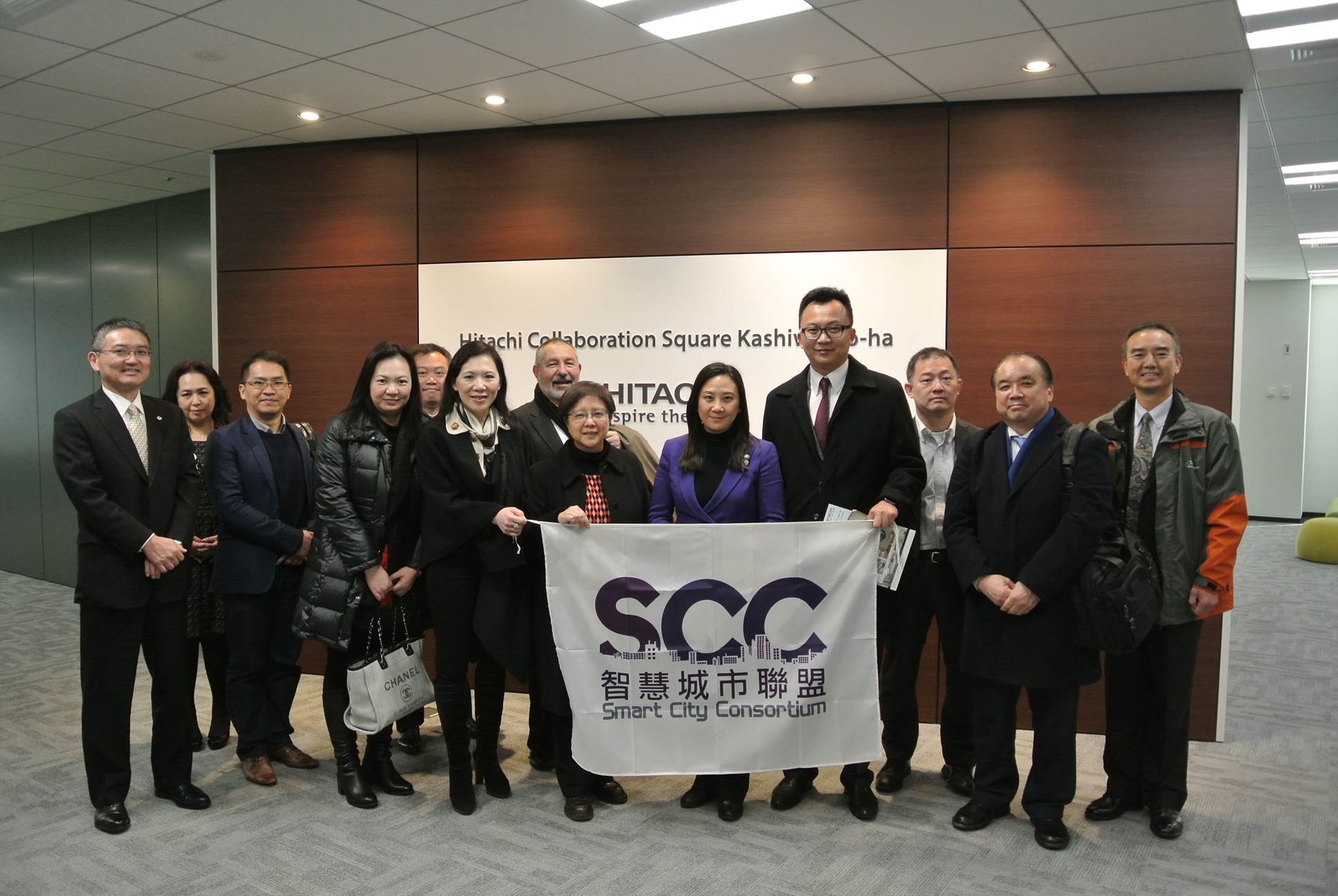
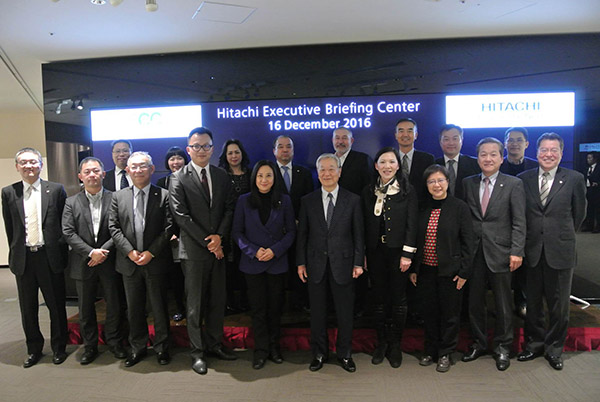
A delegation led by two SCC Co-chairs of Steering Committee Dr. Hon Elizabeth Quat and Dr. Winnie Tang completed a 4-day visit to Tokyo, Japan last December to learn their smart city experiences.
The delegation, met with the senior management of Hitachi, visiting Kashiwa-no-ha – Japan's first Smart City, and the Hitachi Building Solution Lab with presentation about their facility management system.
SCC delegation members included Convener Mr. Eric Yeung, Chair of Smart Living Committee Ms. Rosana Wong, and other members.
Hitachi representatives was led by Chairman of the Board and Representative Executive Officer Mr. Hiroaki Nakanishi. Other members included Vice President and Executive Officer, CEO, Urban Solutions Business Unit and General Manager of Urban Solutions Business Division of Social Innovation Business Division Mr. Keizo Kobayashi, Vice President and Executive Officer, CCEO of Healthcare Mr. Masaya Watanabe, Senior Vice President and Executive Officer, in charge of Government & External Relations Mr. Yasuo Tanabe, as well as General Manager, Total Engineering Division of Social Innovation Business Division Mr. Akihiko Tobe.
Kashiwa-no-ha Smart City
The place visited is called Kashiwa-no-ha Smart City. Kashiwa-no-ha means "oak leaf" (柏葉), it is a 30 minute-ride away from the Akihabara Station (秋葉原) in Tokyo.
The Smart City is a collaboration between government agencies, universities, research institutions, real estate developer Mitsui Fudosan and Hitachi. Located just outside of Tokyo, the city aims to provide an environmental-symbiotic city, a city of health and longevity, and a city of new industrial creation.
The Shimosa Plateau, now home to Kashiwa-no-ha, was a famous horse-breeding area in early times. It used to be a vast golf course owned by Mitsui Fudosan. In 2001, Kashiwa City began a Land Readjustment Project based on an urban planning project at the 273-hectare Kashiwa-no-ha area. In 2005, the Tsukuba Express began operating and Kashiwa-no-ha Campus Station was built. The convenient access ushered in a new period for Kashiwa-no-ha.
The Kashiwa-no-ha International Campus Town Initiative was announced in 2008 for Kashiwa-no-ha to draw on public, private and academic sector partnerships to renew itself as a next-generation model city and a leading-edge centre for academic experiments. Under the Initiative, Chiba Prefecture, Kashiwa City, the University of Tokyo and Chiba University collaborate, while Hitachi provides the area with energy-management solutions that operate, monitor, and control energy across the city with the building project being undertaken by Mitsui Fudosan.
The landmark building Gate Square was completed in April 2014.
There are three urban development concepts underpinning the planning in building a city to tackle the challenges facing the world in future. They are:
1. Being Environmental-Symbiotic with environmentally friendly features throughout the city life;
2. New Industry Creation friendly to foster growth fields that become sources of new vitality for Japan;
3. Promoting Health and Longevity that people of all ages will enjoy healthy and secure lives.
Environmental Initiatives
The power shortages that hit the country following the March 2011 disasters have made better energy management an imperative and spawned efforts to create efficient smart cities.
The Area Energy Management System (AEMS) plays a pivotal role in this setup, drawing on an independently operated power grid and enabling area expansion as well as enhancing functions. The smart grid that shares solar, storage cell, and other distributed energy sources between districts is operated. For example, as daytime office electricity consumption increases on weekdays, LaLaport Kashiwanoha supplies power to Gate Square. On holidays, when shopping facility power demand increases, Gate Square conversely supplies LaLaport.
As a result, the peak power consumption has been lower by 26%.
Energy saving is also adopted in the residents' daily life that smart cars and motorbikes are shared within Kashiwa-no-ha. The sharing concept also allows residents with their own smart cars to charge them at the available stations.
New Industry Initiatives
The slogan of the Kashiwa-no-ha Smart City is "A city of New Industry Creation". There are three pillars for co-creation with startups: (1) community - provision of business fields and formulation of a community; (2) support - hands-on support encompassing every field; (3) finance – assistance in raising fund.
University, research institutions and incubation facilities are integrated while there are also business contests and entrepreneur assistance groups to support businesses and entrepreneurs that aim to continuously create new industries.
Kashiwa-no-ha Open Innovation Lab (KOIL) has one of Japan's biggest co-working areas for the incubation of startup companies. The office space caters for especially creative businesses seeking to cultivate ideas from interactions between diverse people and state-of-the-art information and accelerate development. Interestingly, the office ceiling is deliberately left with plain concrete surface to resemble a factory, to look as if it is still in development.
Kashiwa-no-ha is also home to numerous research facilities specializing in environmental, energy, preventive medicine and health, and other fields. In 2014, the University of Tokyo Kashiwanoha Campus Station Satellite was opened as a centre for social experimentation projects, such as super-aging society, next-generation transportation, and energy creation.
Health and Longevity
Ageing is a major issue in Japan and almost all the developed places including Hong Kong. How to ensure everyone to lead a safe and healthy life in familiar urban environments, with retirees leveraging their skills and knowledge to participate in society becomes a key concern for the development of Kashiwa-no-ha Smart City.
With the Healthcare Innovation Project (HIP), the City is ahead on preventive medicine facilities and health services by encouraging healthy lifestyles. The University of Tokyo and regional health support from the City have joined hands to assist people in developing healthy bodies under academic supervision.
The daily health of residents is monitored through digital health devices such as wristband data recorders and communication function-enabled smart scales to a health data analysis system that displays users' health status on their PCs or smart phones. Users can obtain detailed health information around the clock, even on their sleep patterns, as well as basic data for such factors as exercise amounts, calorie consumption, and body fat mass.
The City's healthcare room for healthy lifestyle promotion is run by volunteers. It uses technologies to check health and wellbeing and to suggest positive changes to lifestyles. The most interesting corner, however, is the children's dentist which is themed on a fairytale castle. To eliminate fear, children have the opportunity to dress up in costumes after treatment.
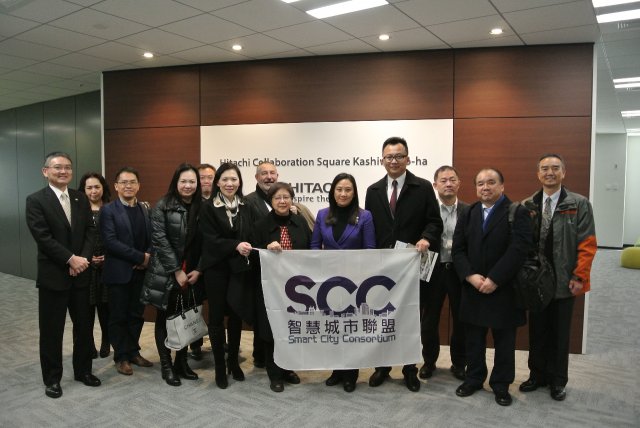 |
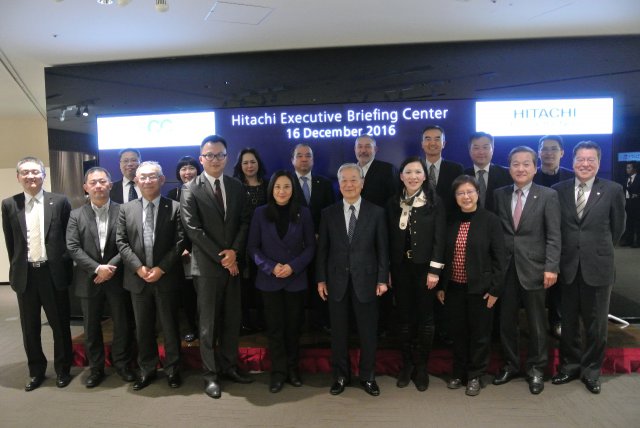 |
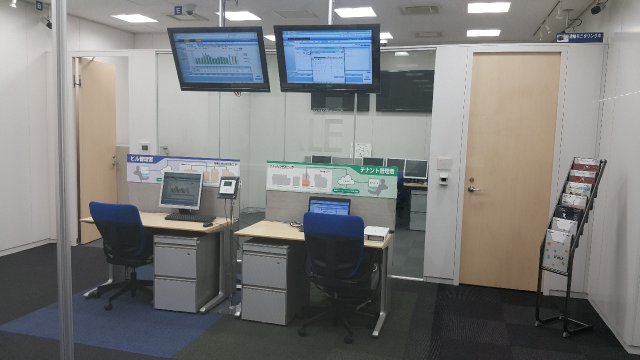 |
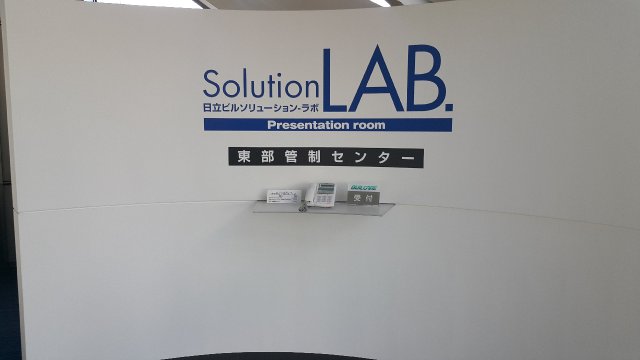 |
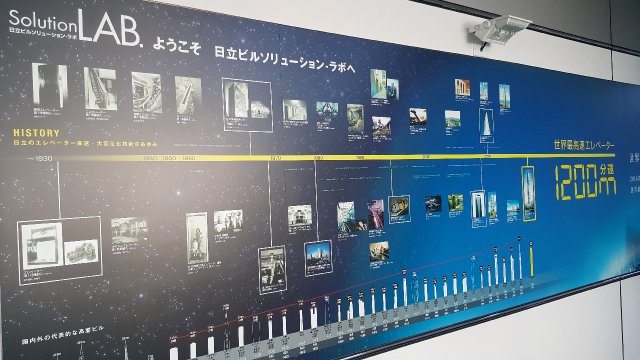 |
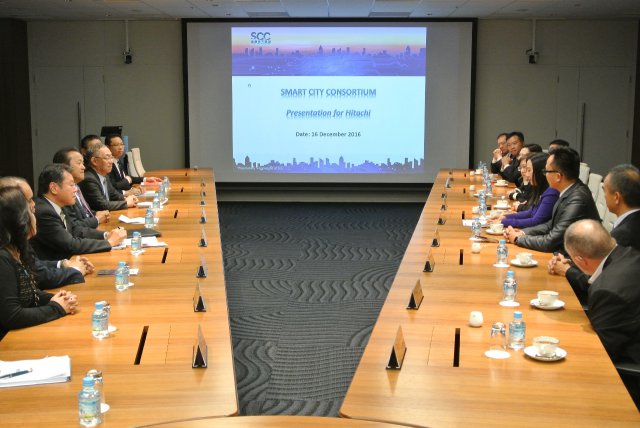 |
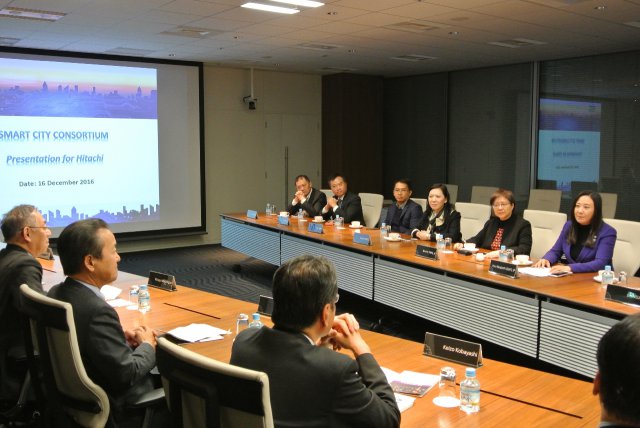 |
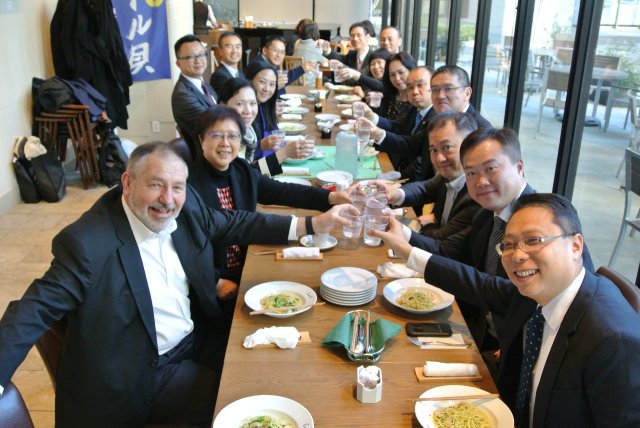 |
